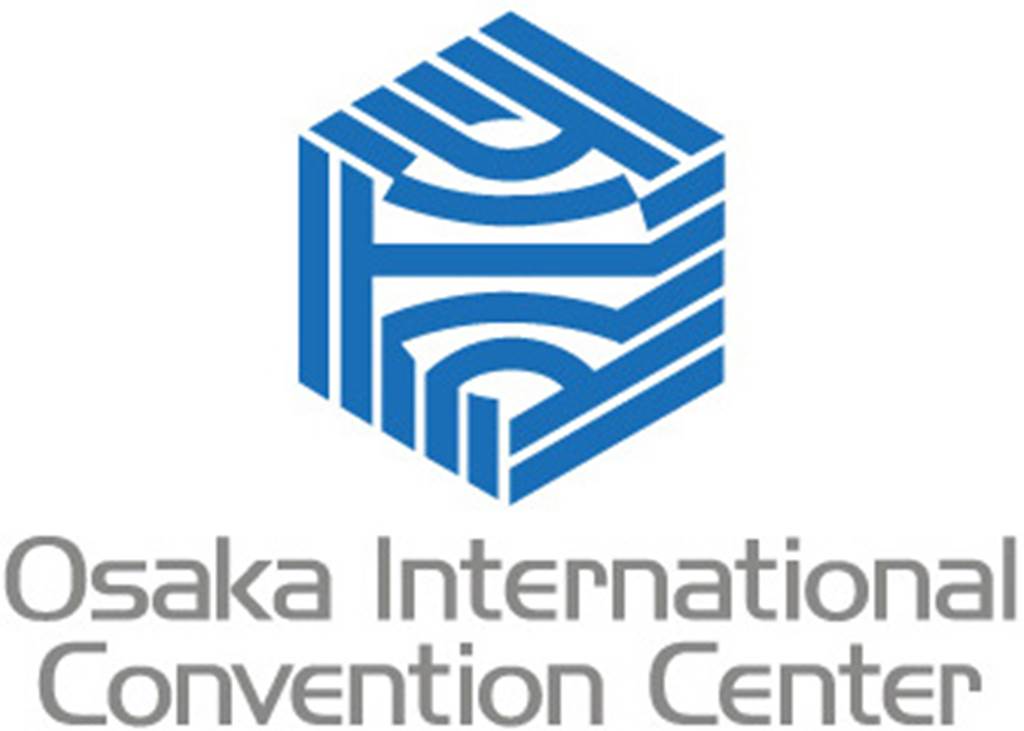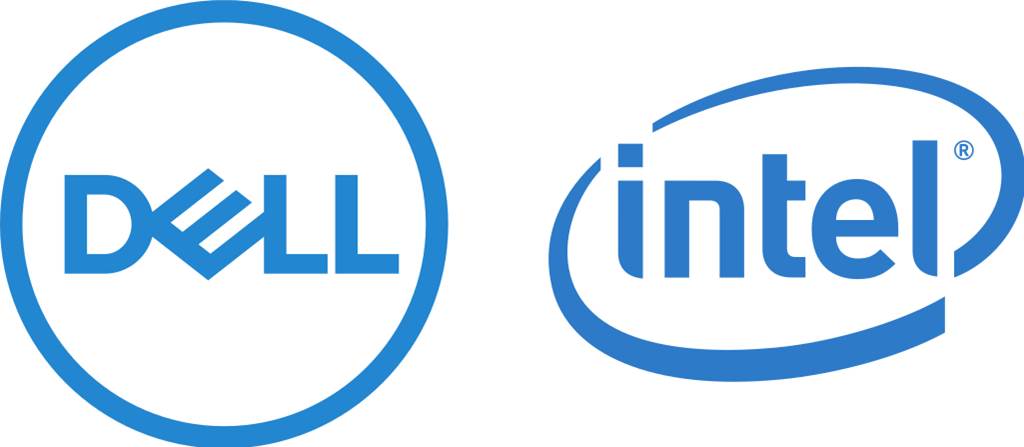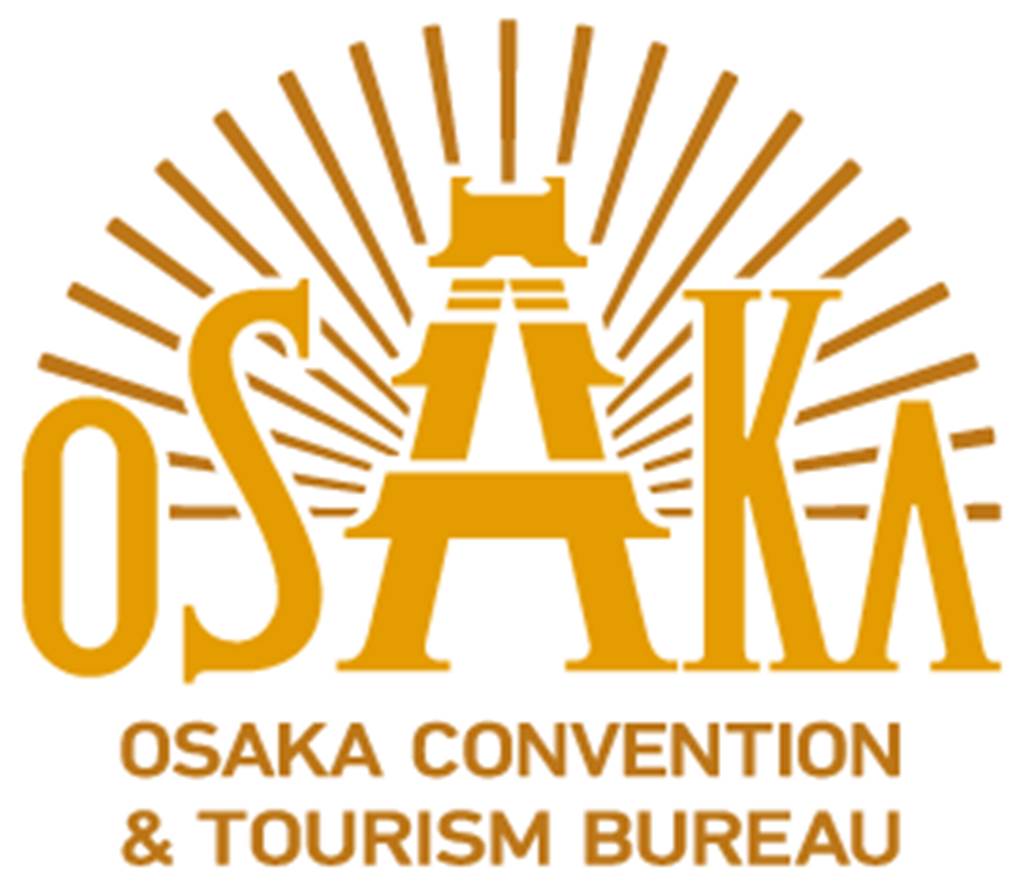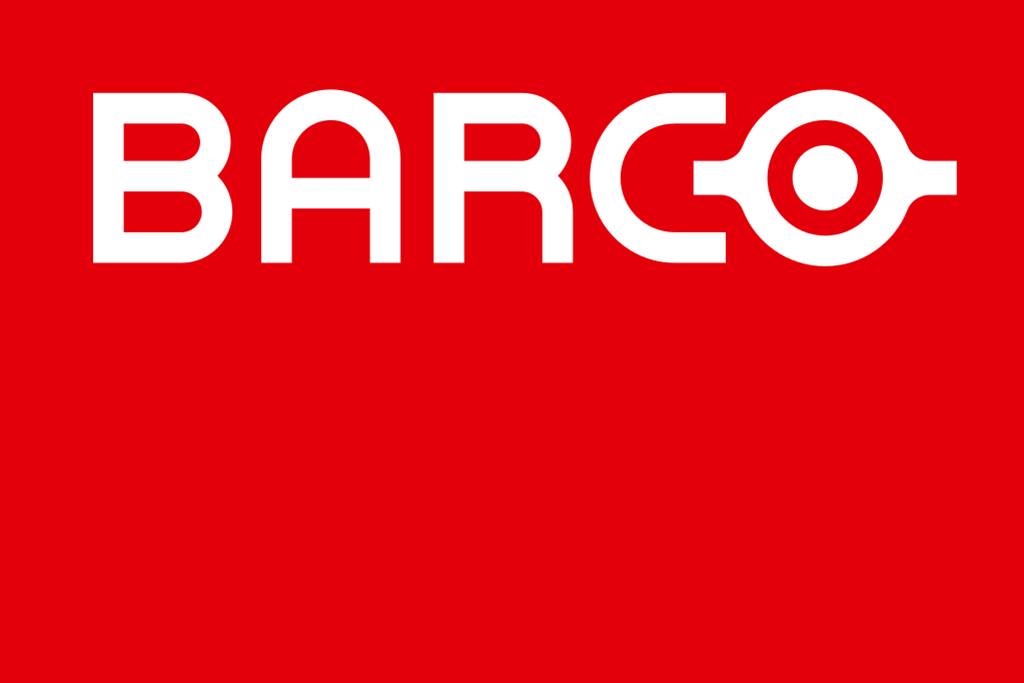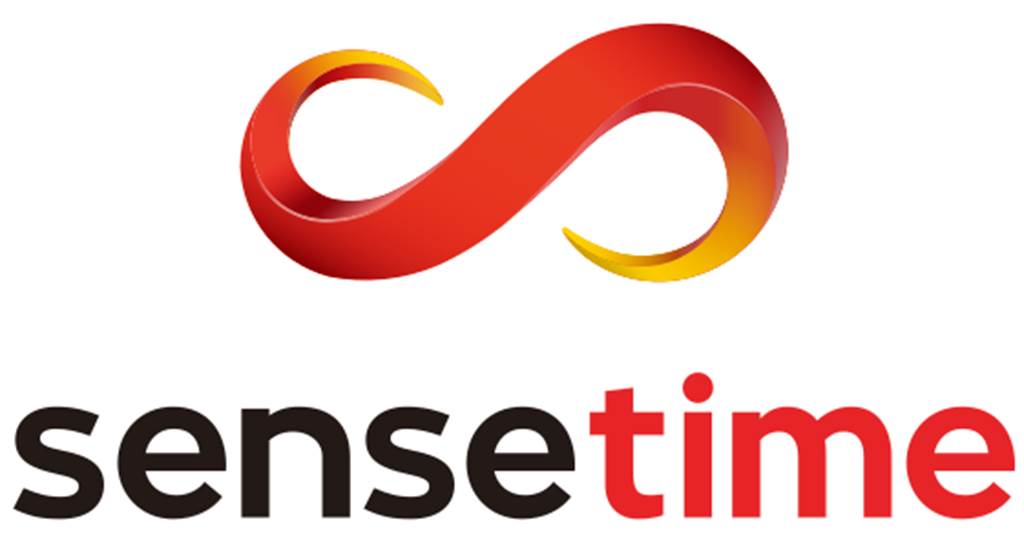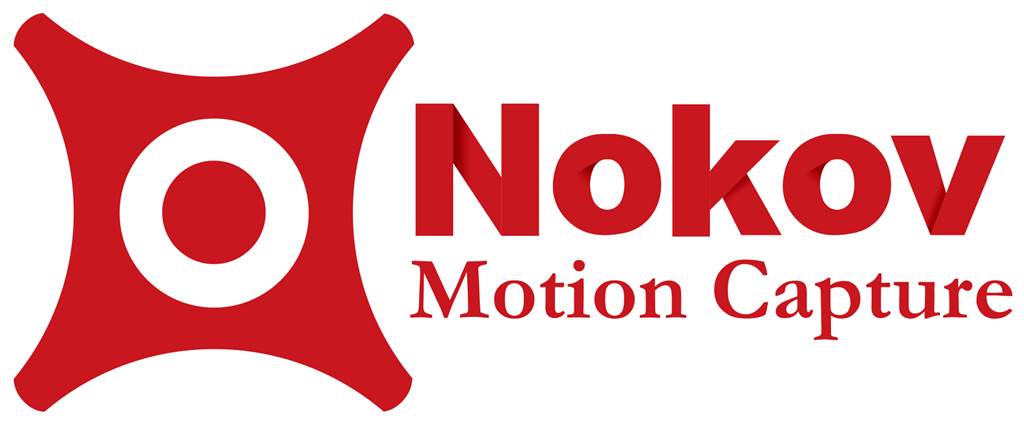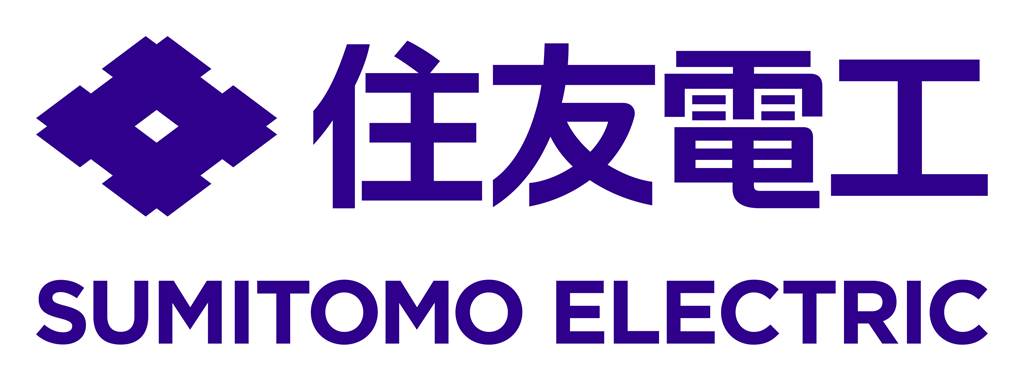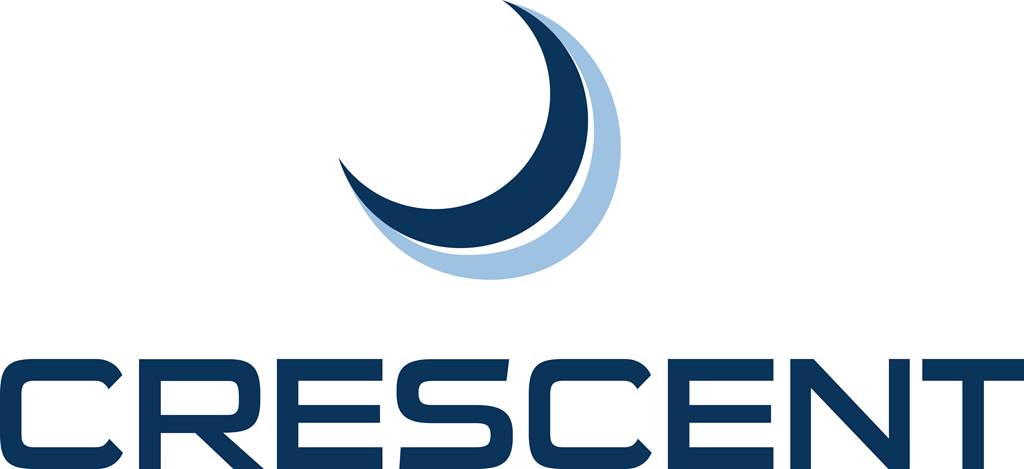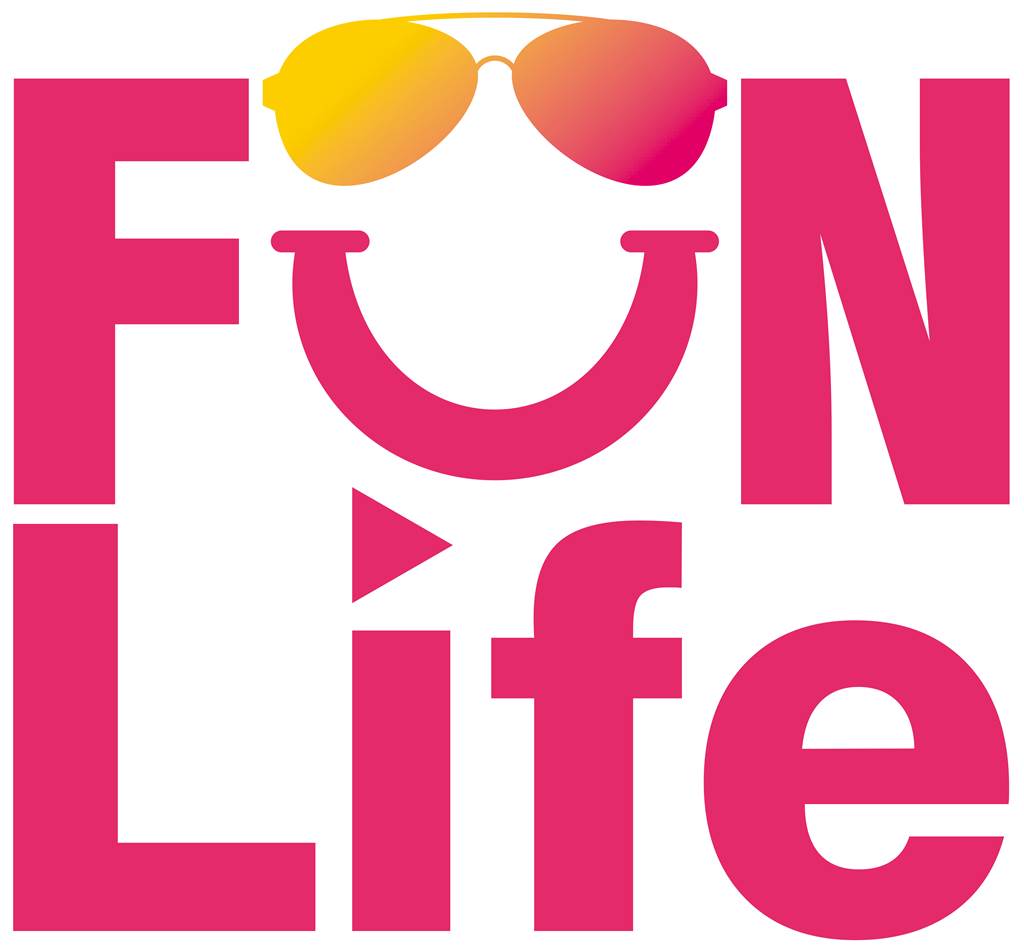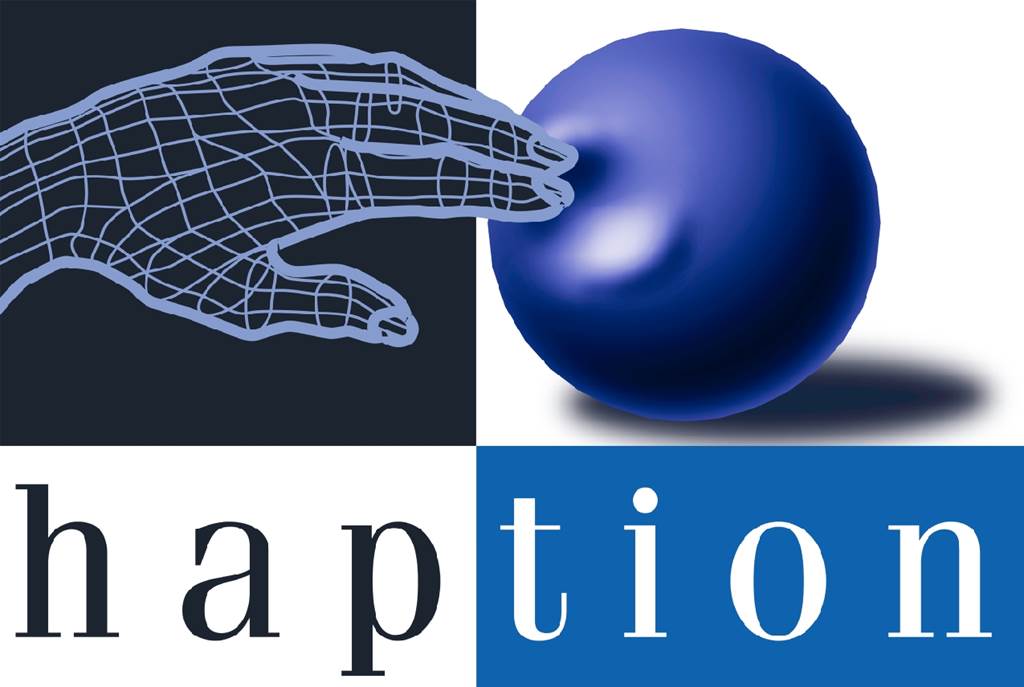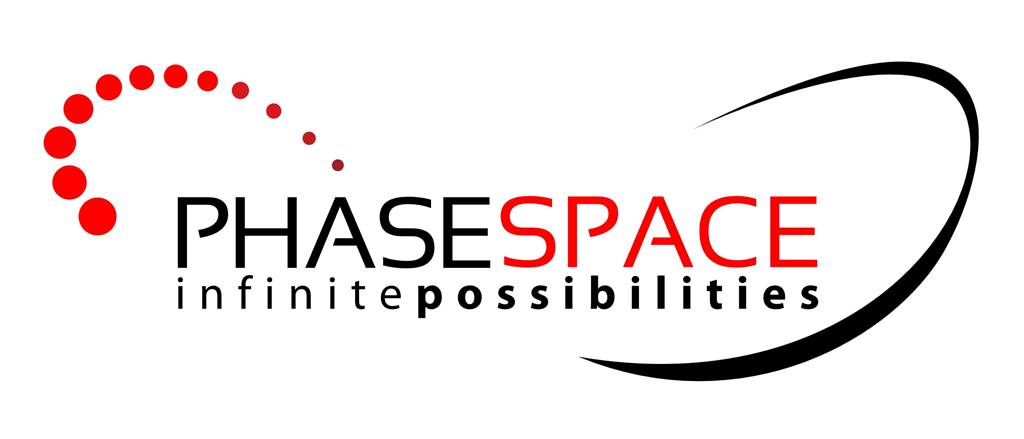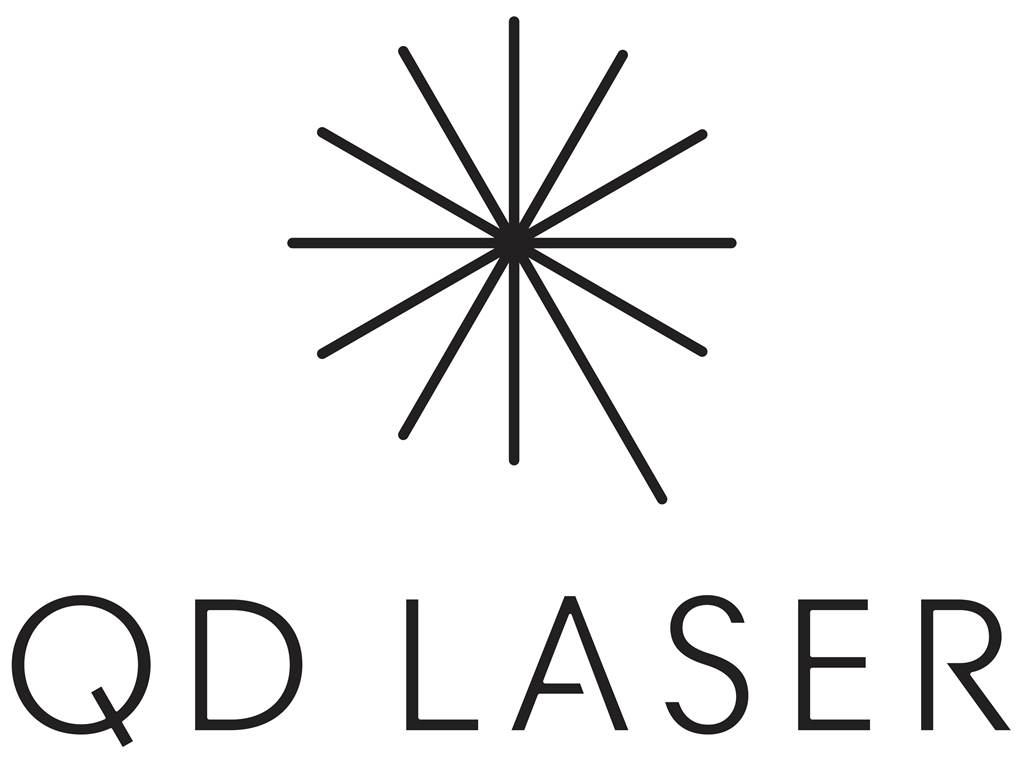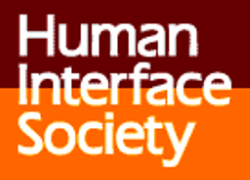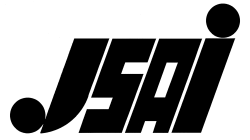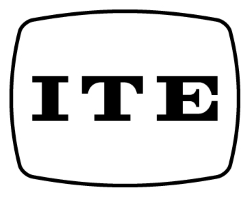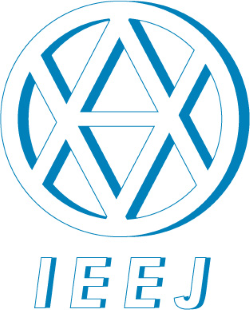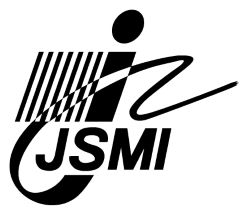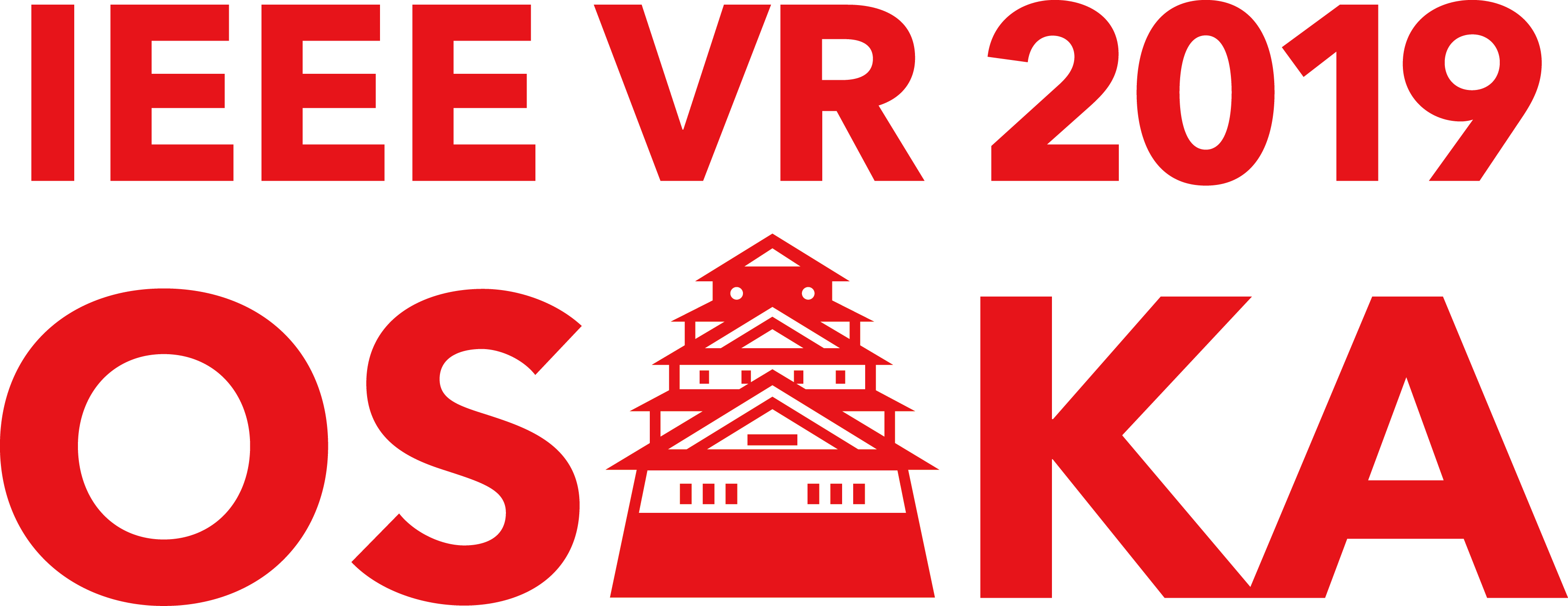
March 23rd - 27th

March 23rd - 27th
Sponsors
Diamond
Platinum
Gold
Silver
Bronze
Flower / Misc
Exhibitors
Supporters
IEEE Kansai Section
Society for Information Display Japan Chapter
The Visualization Society of Japan
The Robotics Society of Japan
Japan Society for Graphic Science
The Japan Society of Mechanical Engineers
Japanese Society for Medical and Biological Engineering
The Society of Instrument and Control Engineers
The Institute of Electronics, Information and Communication Engineers
Japan Ergonomics Society
Exhibitors and Supporters
Call for Conference Papers
IEEE VR 2019: the 26th IEEE Conference on Virtual Reality and 3D User Interfaces
March 23-27, 2019, Osaka, Japan
http://ieeevr.org/2019/
Important Dates
- November 22, 2018: VR Conference Papers Paper abstracts due (REQUIRED)
- November 29, 2018: VR Conference Papers Paper submissions due
- February 5, 2019: VR Conference Papers Notification of results
- February 19, 2019: VR Conference Papers Camera-ready material due
Overview
IEEE VR 2019 seeks original, high-quality papers in all areas related to virtual reality (VR), including augmented reality (AR), mixed reality (MR),and 3D user interfaces (3DUIs).
Inquries contact: conferencepapers2019 [at] ieeevr.org
Submission Guidelines
Each research paper should be a validated contribution covering one or more of four styles of papers methodological, technology, applications, or systems. Papers are welcome that provide contributions in more than one of these areas. Authors should select a primary designation for submissions:
-
Methodological papers should describe advances in theories and methods of AR/VR/MR and 3DUI, such as ethical issues, theories on presence, or human factors.
-
Technology papers should describe advancements in algorithms or devices critical to AR/VR/MR and 3DUI development such as input, display, user interaction, or tracking.
-
Application papers provide an important insight to the community by explaining how the authors built upon existing ideas and applied them to solve an interesting problem in a novel way. Each paper should include an evaluation of the success of the use of AR/VR/MR and 3DUI in the given application domain.
-
System papers should indicate how the developers integrated techniques and technologies to produce an effective system, and convey any lessons learned in the process.
Each paper should include an evaluation of its contributions appropriate to its type (e.g., user study, case study, expert user feedback, system comparisons, technical benchmarking).
We welcome paper submissions between 4 and 8 pages, NOT including references. Note that there is no distinct short papers or technotes category. The contribution of the paper will be weighed against its length during review. All submissions will receive at least three reviews by experts in the field to ensure quality of accepted submissions. All accepted submissions must be presented orally at the conference. Conference Papers will appear in the Proceedings of IEEE VR and be archived in the IEEE Xplore Digital Library. Starting from 2018 the Conference Paper track is distinct from the Journal Paper track.
**NEW THIS YEAR**, authors are asked to identify one or more broad topic areas for each submission. It is understood that these topic areas overlap, and authors should identify primary and, if necessary, secondary broad topic areas (#1, #2 or #3 below) by priority within the submission system. Authors should note that the conference paper chairs will use this information only to assist with assigning the most appropriate reviewers while also balancing reviewer workload. Reviewers will also indicate similar broad topic area priorities based on their expertise. There is no quota for the number of accepted submissions per topic area, and the overall program will be based on the highest quality contributions to the field as judged across all topics.
Topics
IEEE VR 2019 seeks contributions in VR/AR/MR and 3DUI including, but not limited to, the following topics:
Topic Area #1 - Technologies & Applications
- 2D/3D and volumetric display and projection technology
- 3D authoring
- Computer graphics techniques
- Crowd simulation
- Immersive / 360° video
- Immersive analytics and visualization
- Modeling and simulation
- Multi-user and distributed systems
- Multimodal capturing and reconstruction
- Multisensory rendering, registration, and synchronization
- Scene description and management issues
- Software architectures, toolkits, and engineering
- Storytelling
- Therapy and rehabilitation
- Tracking and sensing
Topic Area #2 - Multi-sensory Experiences
- Audio interfaces, sound rendering, spatialized audio, auditory perception and psychoacoustics
- Embodied agents, virtual humans and (self-)avatars
- Haptic and tactile interfaces, wearable haptics, passive haptics, pseudo haptics, other touch-based UI
- Mediated and diminished reality
- Multimodal input and output
- Perception and cognition
- Presence, body ownership, and agency
- Teleoperation and telepresence
Topic Area #3 - Interaction
- 3D user interaction
- 3DUI metaphor
- Collaborative interactions
- Ethical issues
- Human factors and ergonomics
- Input devices
- Locomotion and navigation
- Multimodal/cross-modal Interaction and perception
- Non-fatiguing 3DUIs
- Non-visual interfaces (such as olfactory)
- Touch, tangible and gesture interfaces
- Usage research, evaluation methods and empirical studies
Additional Submission Guidelines
All Conference Paper submissions must be in English. Authors are strongly encouraged to submit videos of their work as part of their submissions.
Double Submissions. Submissions must not have been previously published. A paper is considered to have been previously published if it has appeared in a peer-reviewed journal, magazine, book, or meeting proceedings that is reliably and permanently available afterward in print or electronic form to non-attendees, regardless of the language of that publication. A paper identical or substantially similar in content (in its entirety or in part) to one submitted to IEEE VR should not be simultaneously under consideration for another conference or journal during any part of the VR review process, from the submission deadline until notifications of decisions are emailed to authors.
Abstract Submission. Note that a paper abstract must be uploaded as part of a special deadline a week prior to the actual paper submission deadline. This facilitates the process of assigning reviewers, as the review process is on a tight schedule.
Anonymity. IEEE VR uses a DOUBLE-BLIND review process, meaning both the authors and the reviewers remain anonymous to each other. Submissions (including citations and optional videos) should not contain information that unnecessarily identifies the authors, their institutions, or their places of work. Relevant previous work by the authors should be cited in the third person to preserve anonymity. In order to fully explain the relationship between the submitted paper and relevant previous work by the authors, authors may additionally upload previous papers as well as a non-anonymous letter of explanation; these materials will only been seen by the primary reviewer.
Ethics and Responsibility. All submissions describing research experiments with human participants should follow the appropriate ethical guidelines and authors are encouraged to secure and report their pre-approval by the relevant ethics commission. An approval by any institutional review board can be indicated via the submission system. This is not a mandatory requirement at this time, but with the current dissemination of VR, AR, and MR technology, our community should be aware of this responsibility.
An International award committee will also determine and award the Best Paper.
Submission Deadlines
Each deadline is 23:59:59 AoE (Anywhere on Earth) == GMT/UTC-12:00 on the stated day, no matter where the submitter is located. A convent tool to see when AoE is for your local time is setting you location at 1 and Baker Island (which uses AoE) for: https://www.timeanddate.com/worldclock/meeting.html
** The submission deadlines will be strictly enforced. Requests for extensions will not be honored **
- November 22, 2018: VR Conference Papers Paper abstracts due (REQUIRED)
- November 29, 2018: VR Conference Papers Paper submissions due
- February 5, 2019: VR Conference Papers Notification of results
- February 19, 2019: VR Conference Papers Camera-ready material due
Paper abstracts and complete papers must be submitted electronically through the online submission system: https://new.precisionconference.com/~vr
All IEEE VR Conference Paper submissions should be prepared in IEEE Computer Society VGTC format http://junctionpublishing.org/vgtc/Tasks/camera.html and submitted in PDF format.
Contacts
Conference Papers Chairs:
- Rob Teather, Carleton University, Canada
- Yuta Itoh, Tokyo Institute of Technology, Japan
- Joe Gabbard, Virginia Tech, USA
- Ferran Argelaguet, Inria, France
- Anne-Hélène Olivier, University of Rennes, France
- Daniel Keefe, University of Minnesota, USA
conferencepapers2019 [at] ieeevr.org


